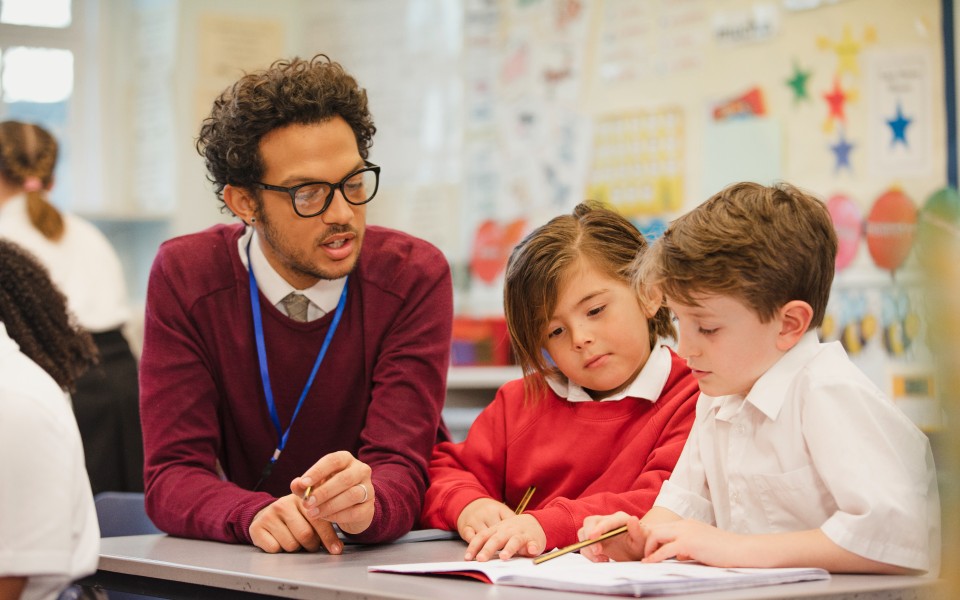The speed with which Covid-19 vaccines have been developed represents a significant achievement for humanity and is providing hope for a way out of the pandemic, but the rollout so far has been unequal.
High and middle-income countries are able to secure more vaccines than they need and vaccinate populations at speed, whilst low-income countries reliant on external supplies and funding are being left behind.Vaccine deployment is exposing deep health, political, racial and economic inequalities around the world. Inequitable distribution is not just a moral issue. It's also economically and epidemiologically self-defeating.
As long as the virus continues to circulate, new variants will continue to emerge, economies will continue to be disrupted and people will continue to die. In order to achieve safe, effective and equitable access, vaccines need to be produced at scale, priced affordably, allocated globally, and widely deployed in local communities. We need a coordinated, cooperative international response.
So what are the challenges, and how can we rise to them? And how can we use this opportunity to create more resilient healthcare systems and strengthen our approaches to pandemic response? This event is produced in collaboration with On Think Tanks and Southern Voice.
Related media
-
The Modern Cockney Festival event at RSA House
Fellowship news
On Wednesday 22 March, this event, part of The Modern Cockney Festival (3 March-4 April), explores how invisible discrimination is still widespread in modern Britain. Three different groups highlight their experiences, responses, and challenges - the Jewish community, those facing ageism, and Cockneys.
-
Educating the City: Learning through inspirational partnerships
Fellowship news
RSA Fellows are invited to join the Educating the City Learning through inspirational partnerships seminar.
-
Why fostering diversity must be at the heart of community building and social cohesion
Comment
Susannah Hardyman
Susannah Hardyman explains how drawing on the diverse backgrounds of volunteer tutors to teach disadvantaged students has proved a powerful win-win


